11 Prebiotic Powerhouses: Beyond the Usual Suspects for a Happy Gut
In the quest for optimal digestive health, the spotlight often shines on probiotics. These beneficial bacteria are celebrated for their role in maintaining a healthy gut microbiome. However, there's another crucial player that often goes unnoticed: prebiotics. These non-digestible fibers serve as the food source for probiotics, nurturing them and ensuring their survival and proliferation in the gut. The symbiotic relationship between prebiotics and probiotics is fundamental to our digestive health, yet the general public remains largely unaware of the specific prebiotic sources that can be seamlessly integrated into their diets. This article aims to illuminate the lesser-known prebiotic powerhouses that can revolutionize your digestive health. By understanding and incorporating these hidden heroes, you can foster a thriving gut environment that supports overall well-being.
1. The Science Behind Prebiotics: Fuel for Probiotics

To fully appreciate the importance of prebiotics, it's essential to delve into the science behind them. Prebiotics are a type of dietary fiber that the human body cannot digest. Instead of being broken down and absorbed, they travel to the colon, where they become a feast for beneficial bacteria. This fermentation process produces short-chain fatty acids (SCFAs), which have numerous health benefits, including reducing inflammation and strengthening the gut barrier. Unlike probiotics, which are live bacteria, prebiotics are stable and unaffected by heat, stomach acid, or time. This stability makes them a reliable source of nourishment for probiotics, ensuring these beneficial microbes can thrive and contribute to a balanced gut microbiome. By understanding the mechanics of prebiotics, we can better appreciate their role in maintaining gut health and explore the diverse sources that can be incorporated into our diets.
2. Chicory Root: The Prebiotic Powerhouse
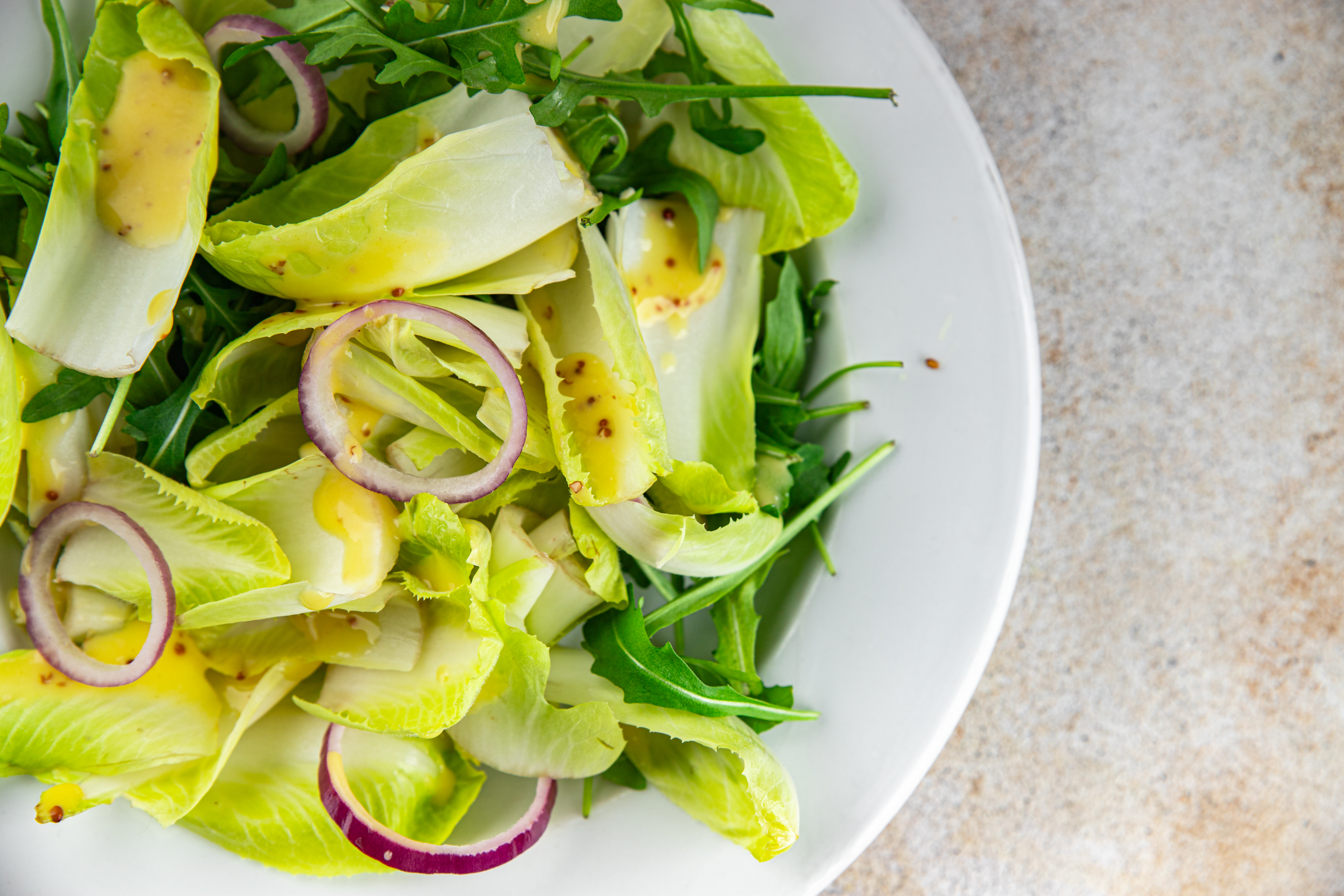
Chicory root is one of the most potent sources of prebiotics, particularly inulin, a type of soluble fiber that promotes the growth of beneficial bacteria. Inulin has been shown to improve gut health by increasing the population of bifidobacteria, a group of probiotics that play a crucial role in maintaining a healthy digestive system. Chicory root can be consumed in various forms, including as a coffee substitute or as an ingredient in baked goods. Its mild, slightly sweet flavor makes it a versatile addition to many recipes. Beyond its prebiotic benefits, chicory root also contains antioxidants and has been linked to improved liver health. By incorporating chicory root into your diet, you can support your gut microbiome while enjoying its additional health benefits.
3. Jerusalem Artichokes: The Gut's Best Friend
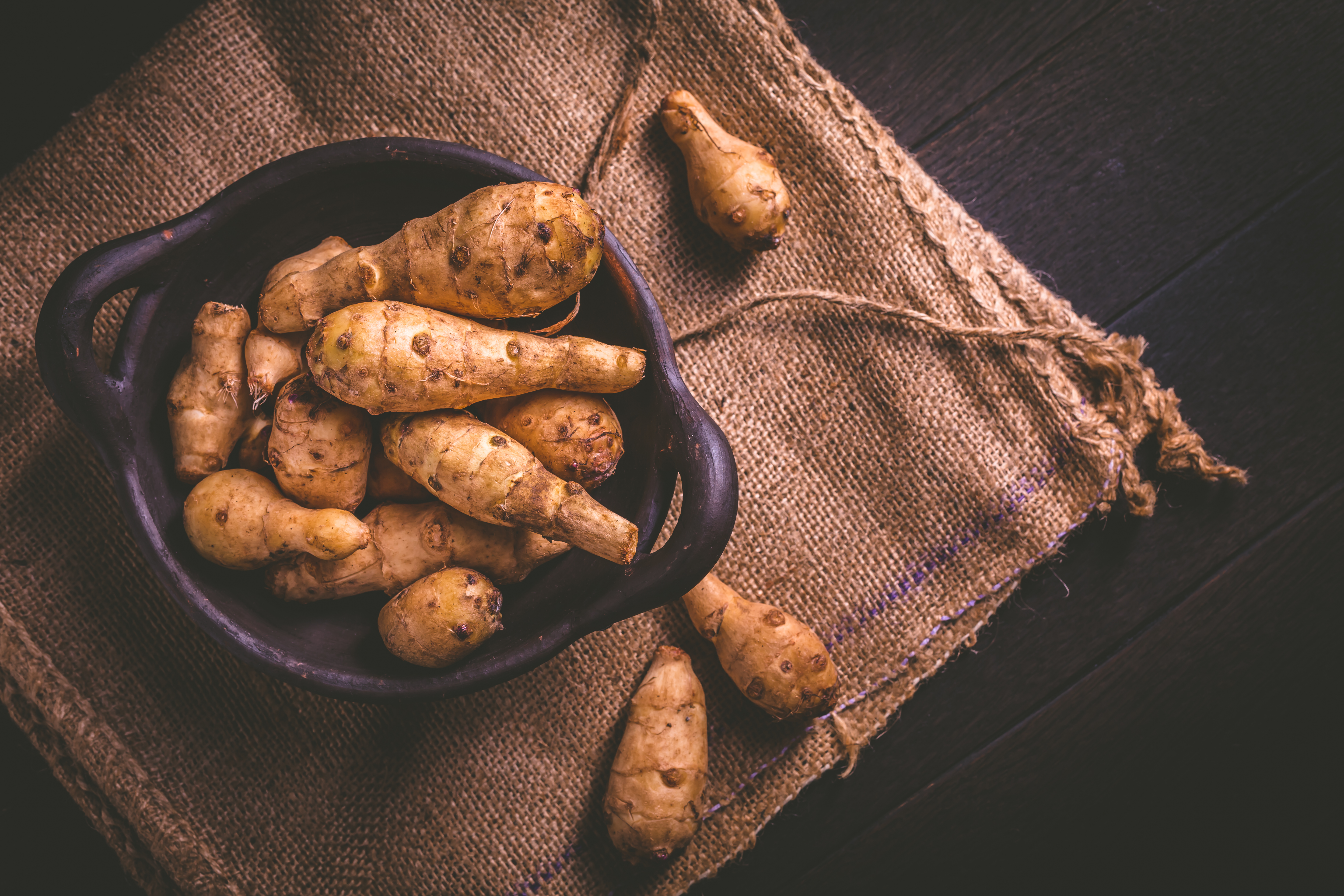
Jerusalem artichokes, also known as sunchokes, are tuberous vegetables that are rich in inulin. This makes them an excellent prebiotic food that can help boost the population of beneficial gut bacteria. Jerusalem artichokes have a nutty, sweet flavor and can be enjoyed raw, roasted, or sautéed. Their high inulin content not only supports gut health but also aids in regulating blood sugar levels and enhancing calcium absorption. This makes them particularly beneficial for individuals with diabetes or those looking to improve bone health. By adding Jerusalem artichokes to your meals, you can enjoy their unique flavor while nourishing your gut microbiome and reaping additional health benefits.
4. Dandelion Greens: A Bitter Delight for Your Gut
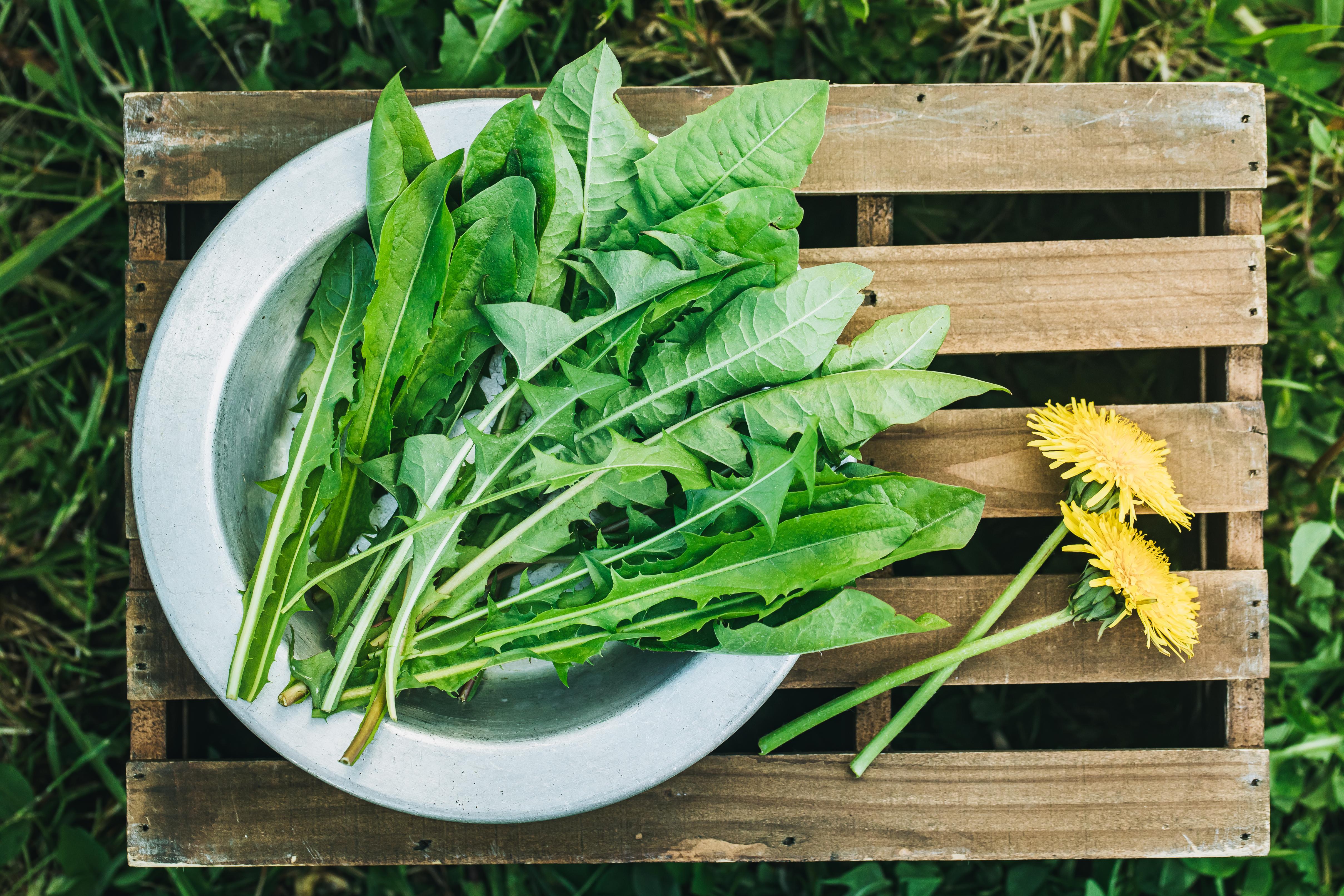
Dandelion greens are often overlooked as a source of nutrition, but they are packed with prebiotic fibers that can benefit your gut health. These greens are rich in inulin and other fibers that promote the growth of beneficial bacteria. Their bitter flavor can be balanced with sweet or savory ingredients, making them a versatile addition to salads, smoothies, or sautés. In addition to their prebiotic properties, dandelion greens are a rich source of vitamins A, C, and K, as well as minerals like calcium and iron. They also have diuretic properties, which can help detoxify the liver and kidneys. By incorporating dandelion greens into your diet, you can support your digestive health while enjoying their myriad nutritional benefits.
5. Garlic: A Flavorful Prebiotic Ally
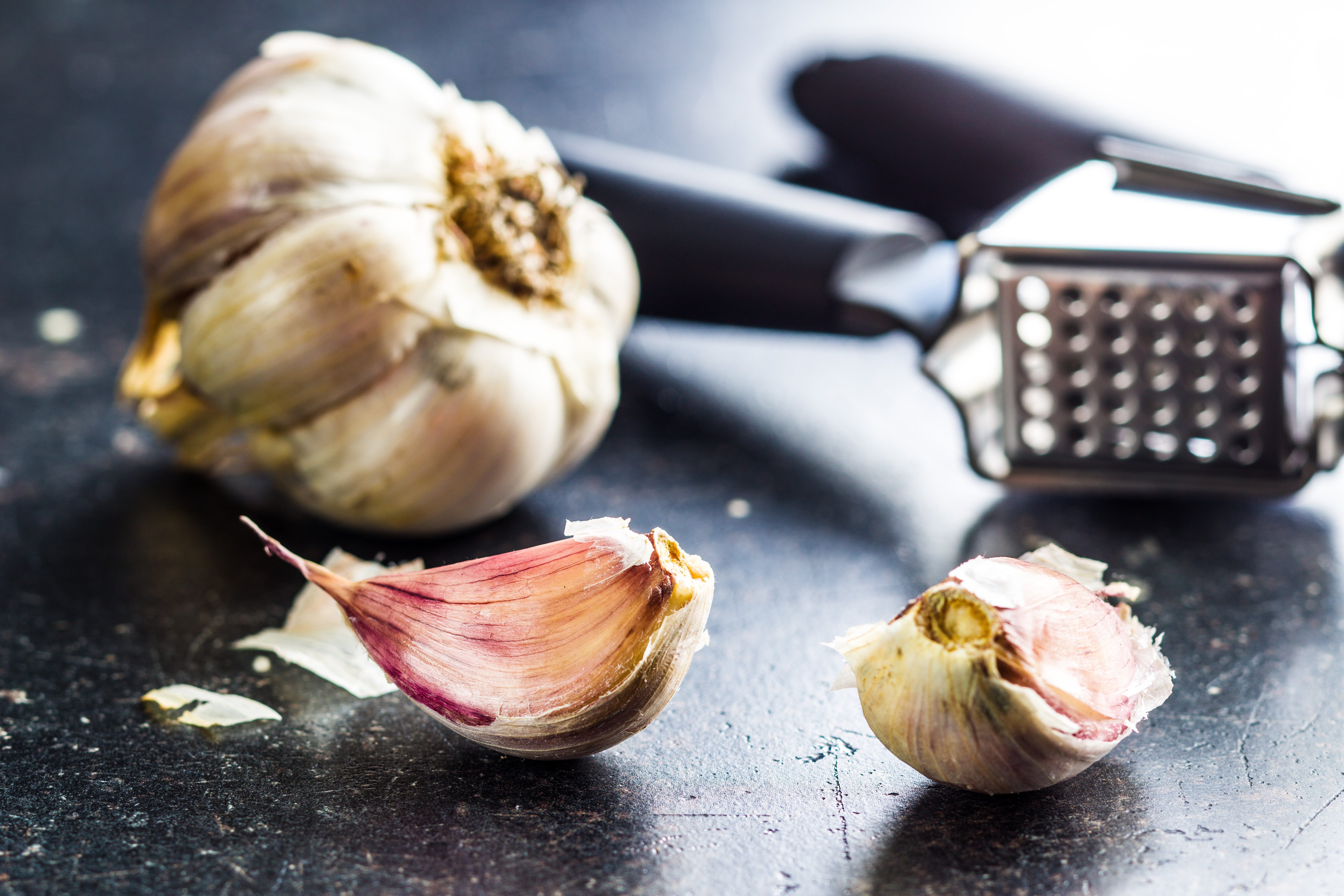
Garlic is a culinary staple known for its distinctive flavor and health benefits. It is also a potent prebiotic food, rich in fructooligosaccharides (FOS), which promote the growth of beneficial gut bacteria. The prebiotic properties of garlic are enhanced when it is consumed raw or lightly cooked, as high heat can reduce its effectiveness. Beyond its prebiotic benefits, garlic has been shown to have antimicrobial, anti-inflammatory, and immune-boosting properties. It can help lower cholesterol levels, reduce blood pressure, and support heart health. By incorporating garlic into your meals, you can enhance your gut health while enjoying its robust flavor and numerous health benefits.
6. Onions: The Versatile Prebiotic Vegetable
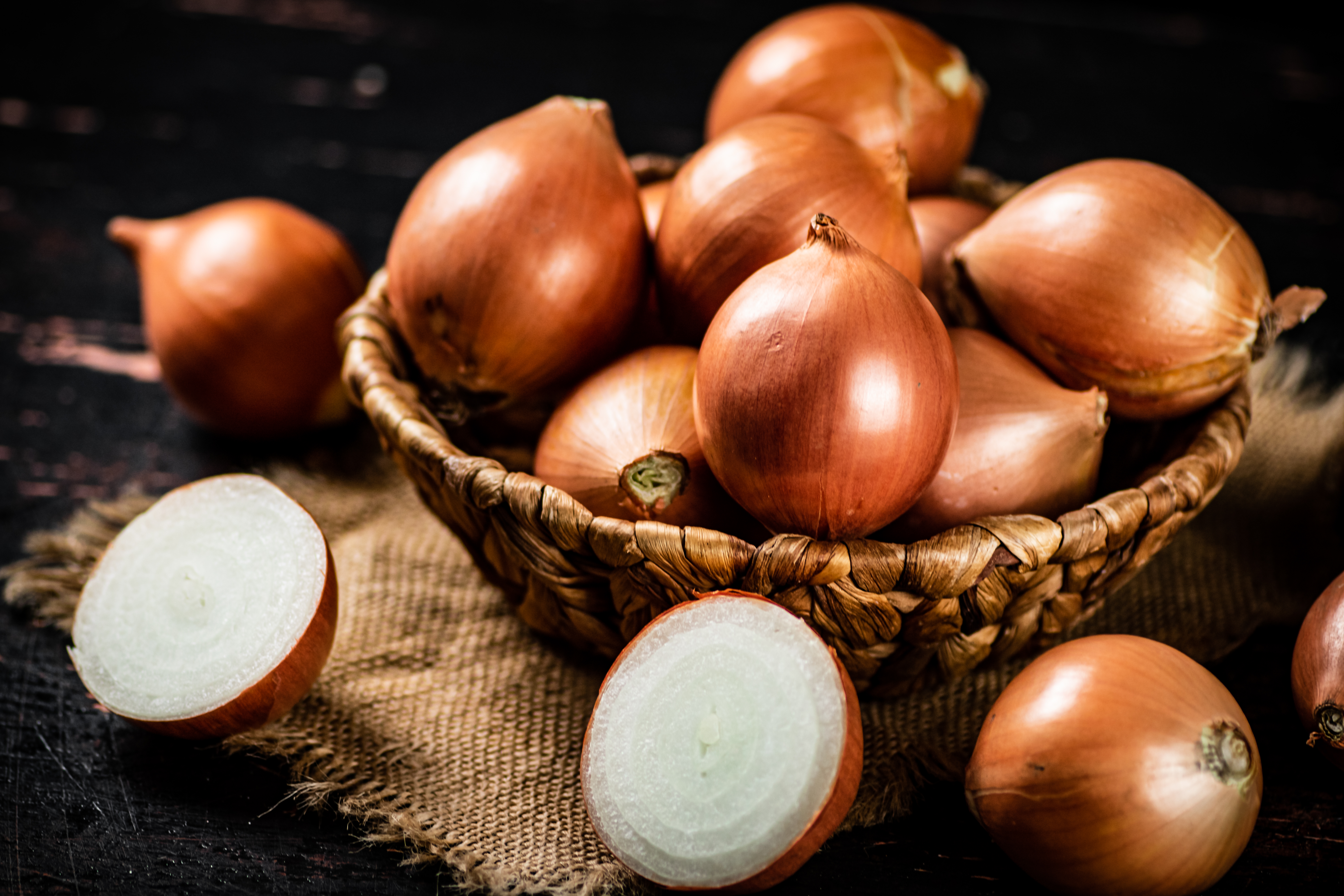
Onions are a versatile vegetable that can be found in kitchens around the world. They are rich in fructans, a group of prebiotics that includes inulin and FOS, which support the growth of beneficial gut bacteria. Onions can be enjoyed raw, cooked, or pickled, and their flavor can range from sweet to pungent, depending on the variety and preparation method. In addition to their prebiotic properties, onions are a good source of vitamins C and B6, as well as antioxidants such as quercetin, which has anti-inflammatory and anti-cancer properties. By incorporating onions into your diet, you can support your digestive health while enjoying their diverse flavors and nutritional benefits.
7. Leeks: A Gentle Prebiotic Option
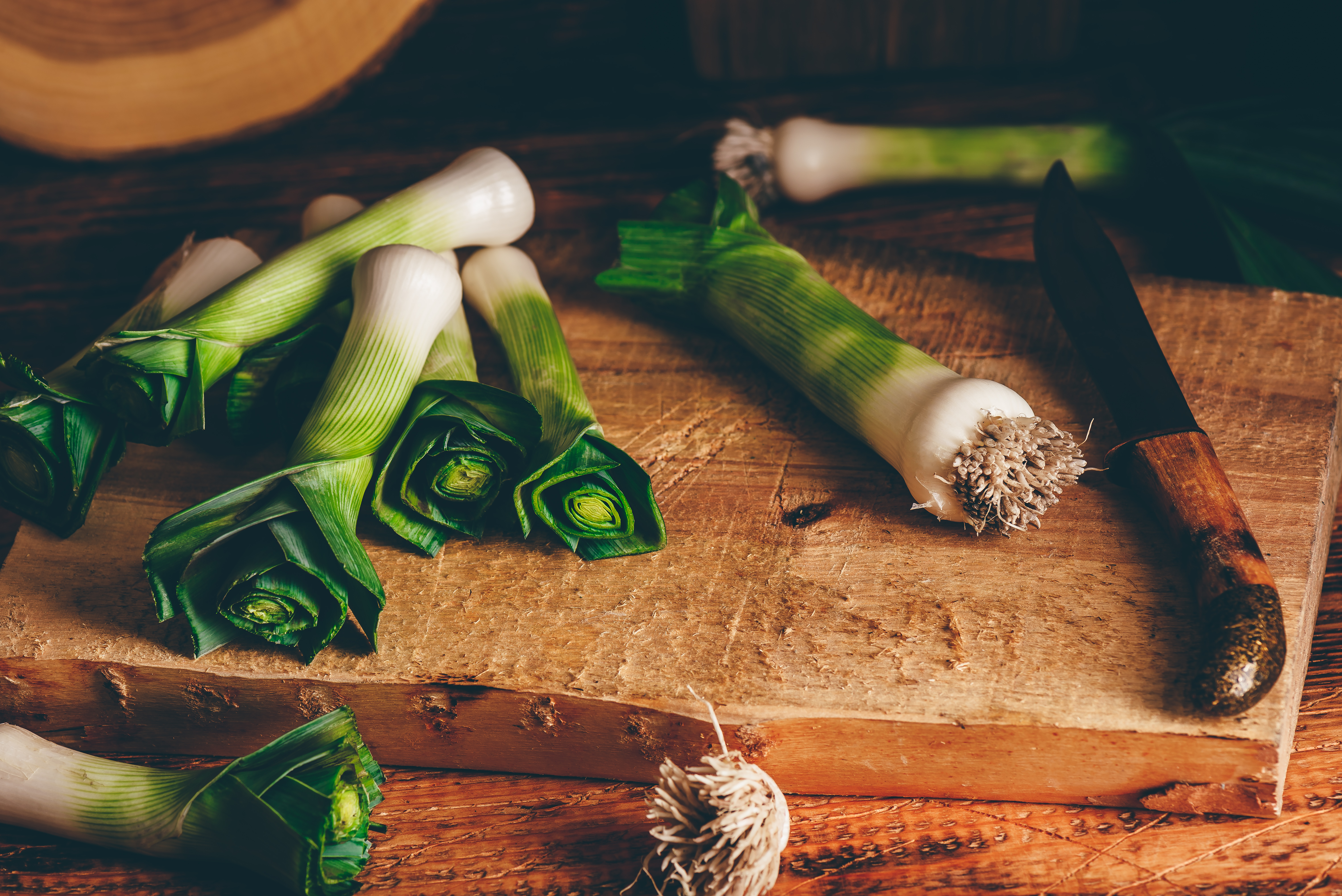
Leeks are a member of the allium family, which also includes garlic and onions. They are a milder, more delicate option for those who want to enjoy the prebiotic benefits of this family of vegetables without the strong flavors. Leeks are rich in fructans, which promote the growth of beneficial gut bacteria. They can be used in a variety of dishes, from soups and stews to salads and omelets. In addition to their prebiotic properties, leeks are a good source of vitamins A, C, and K, as well as minerals like iron and manganese. By incorporating leeks into your diet, you can support your gut health while enjoying their subtle flavor and nutritional benefits.
8. Asparagus: The Springtime Prebiotic
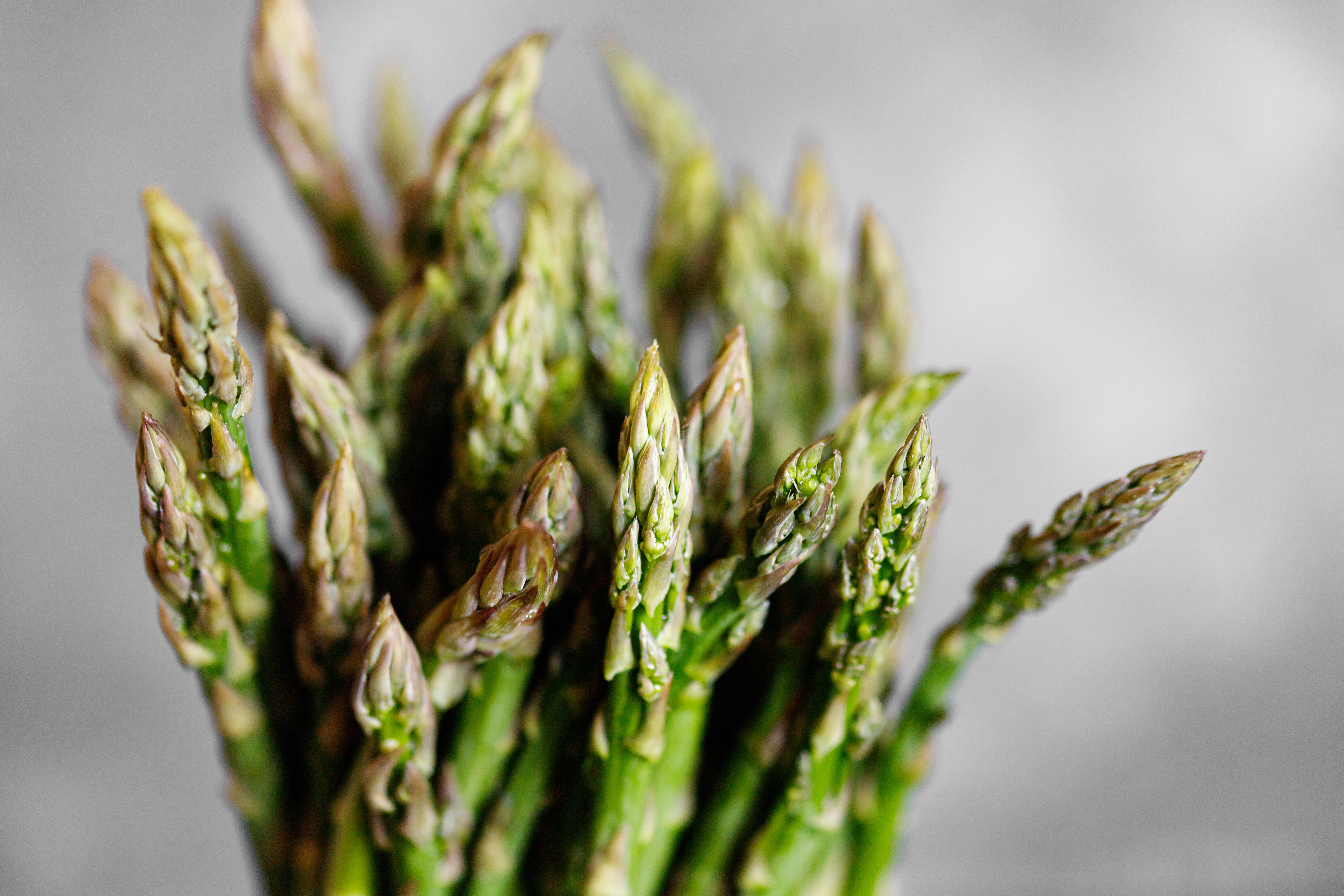
Asparagus is a beloved spring vegetable that is not only delicious but also a rich source of prebiotics. It contains inulin, which supports the growth of beneficial gut bacteria. Asparagus can be enjoyed raw, steamed, roasted, or grilled, and its tender spears pair well with a variety of flavors. In addition to its prebiotic properties, asparagus is a good source of vitamins A, C, E, and K, as well as folate and fiber. It also contains antioxidants that can help protect against oxidative stress and reduce inflammation. By incorporating asparagus into your diet, you can support your digestive health while enjoying its fresh, vibrant flavor.
9. Bananas: A Sweet Prebiotic Treat
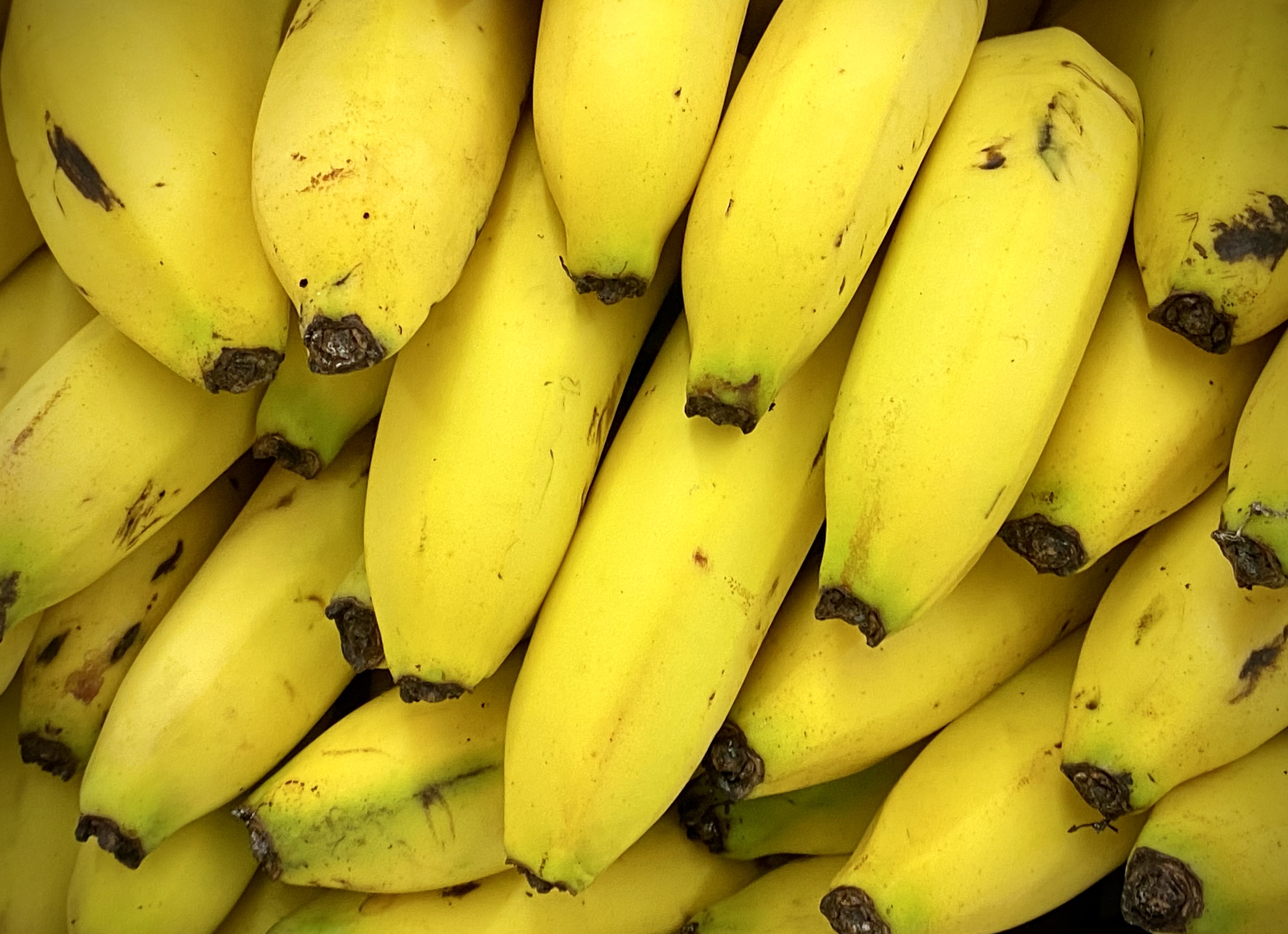
Bananas are a popular fruit that is not only a convenient snack but also a good source of prebiotics. They contain resistant starch, a type of fiber that promotes the growth of beneficial gut bacteria. Bananas are best consumed when they are slightly green, as this is when their resistant starch content is highest. In addition to their prebiotic properties, bananas are a good source of vitamins C and B6, as well as potassium, which supports heart health and muscle function. They also contain antioxidants that can help protect against oxidative stress. By incorporating bananas into your diet, you can support your gut health while enjoying their natural sweetness and nutritional benefits.
10. Barley: The Ancient Grain with Modern Benefits
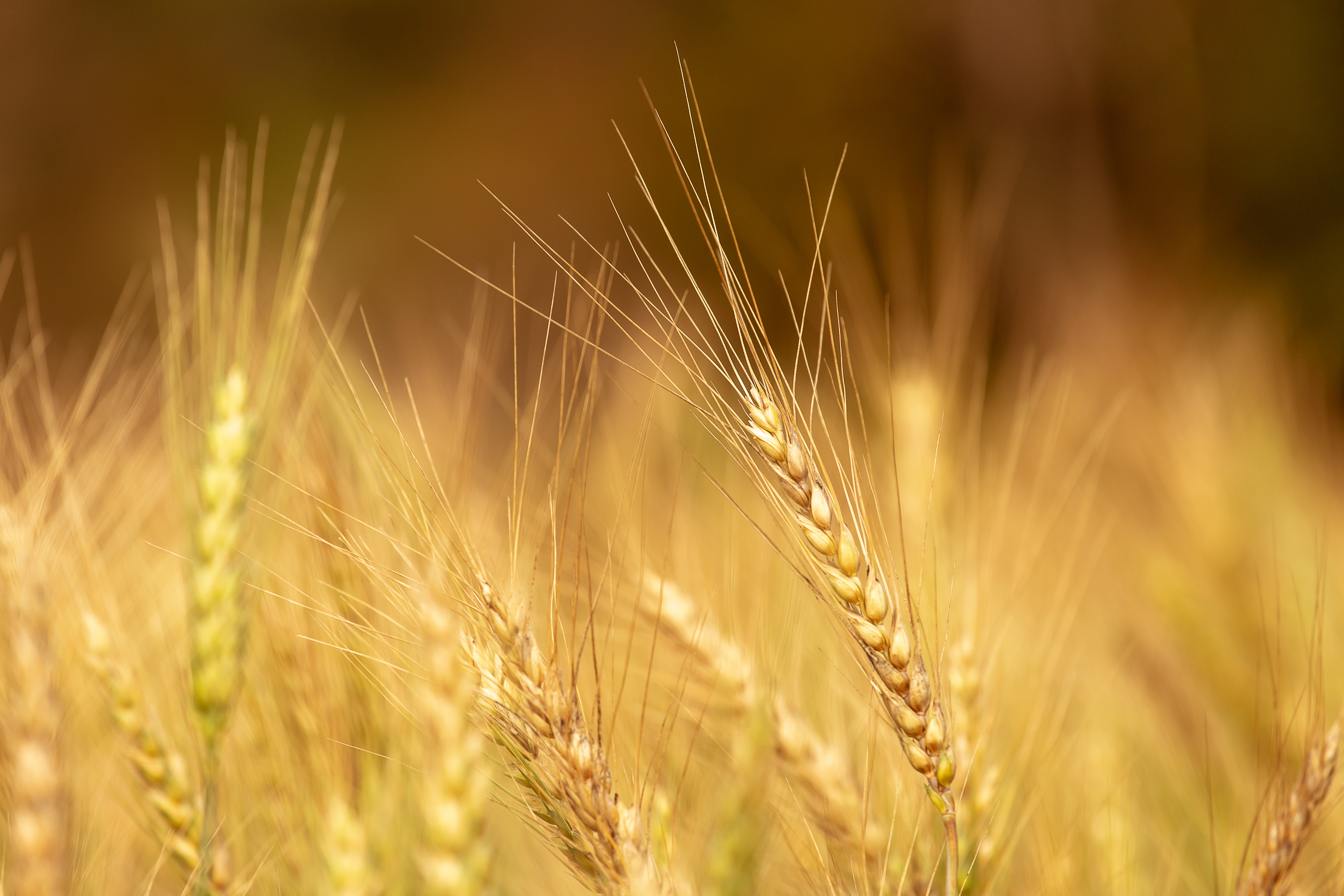
Barley is an ancient grain that has been cultivated for thousands of years. It is a rich source of beta-glucan, a type of soluble fiber that acts as a prebiotic, promoting the growth of beneficial gut bacteria. Barley can be enjoyed in a variety of forms, including as a whole grain, in soups and stews, or as barley flour in baked goods. In addition to its prebiotic properties, barley is a good source of vitamins and minerals, including selenium, magnesium, and phosphorus. It also contains antioxidants that can help reduce inflammation and support heart health. By incorporating barley into your diet, you can support your digestive health while enjoying its nutty flavor and nutritional benefits.
11. Flaxseeds: Tiny Seeds with Big Prebiotic Benefits
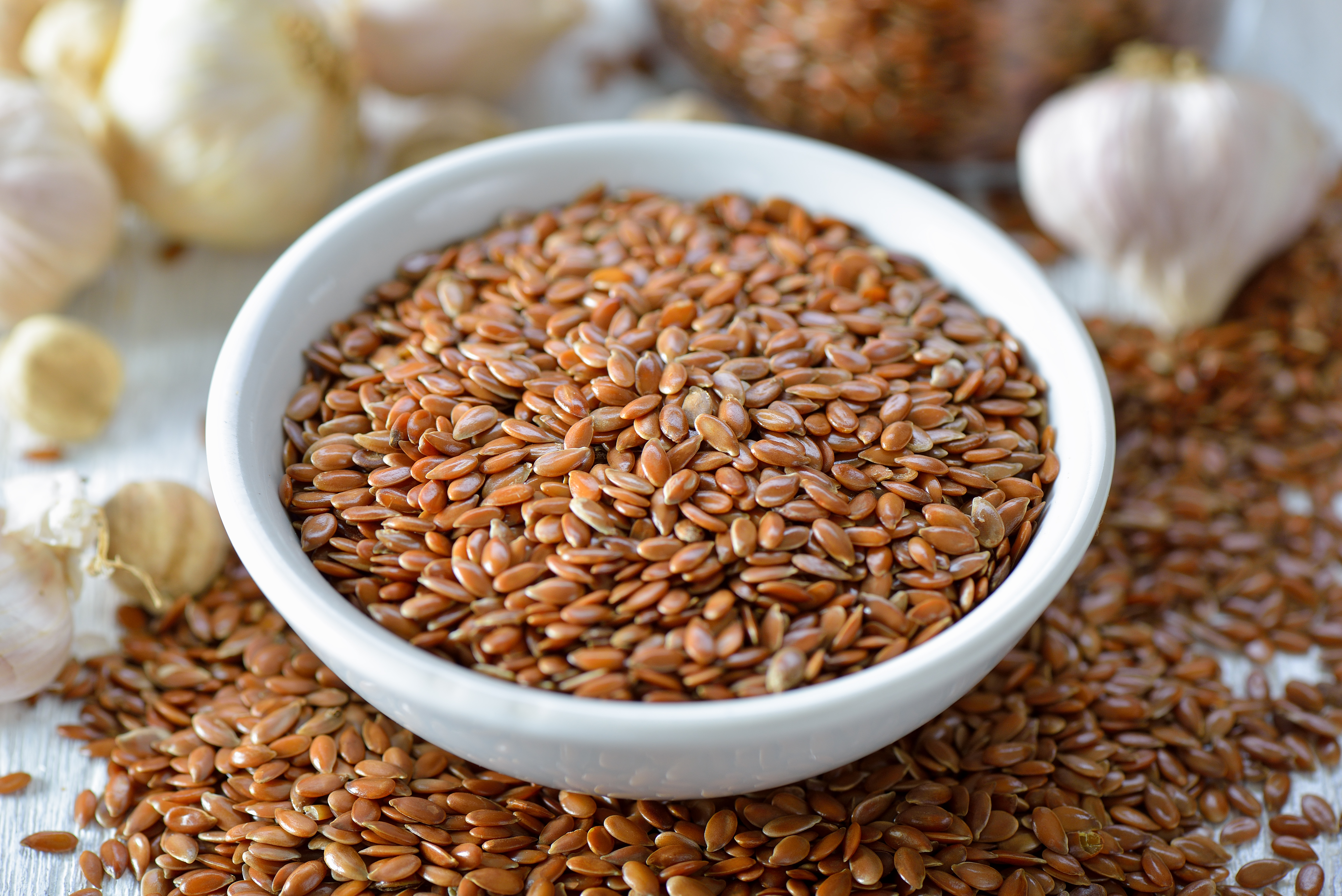
Flaxseeds are small but mighty seeds that are packed with prebiotic fiber, particularly mucilage, which promotes the growth of beneficial gut bacteria. Flaxseeds can be enjoyed whole, ground, or as flaxseed oil, and they can be added to smoothies, oatmeal, or baked goods. In addition to their prebiotic properties, flaxseeds are a rich source of omega-3 fatty acids, which support heart health and reduce inflammation. They also contain lignans, which have antioxidant and anti-cancer properties. By incorporating flaxseeds into your diet, you can support your gut health while enjoying their nutty flavor and nutritional benefits.
Incorporating prebiotic-rich foods into your diet is a simple yet powerful way to support your digestive health. These 11 prebiotic powerhouses—chicory root, Jerusalem artichokes, dandelion greens, garlic, onions, leeks, asparagus, bananas, barley, and flaxseeds—offer a diverse array of flavors and nutritional benefits that can enhance your overall well-being. By nourishing the beneficial bacteria in your gut, you can improve digestion, boost immunity, and reduce inflammation. As you embrace the power of prebiotics, you'll not only unearth hidden gut heroes but also pave the way for a healthier, happier you.